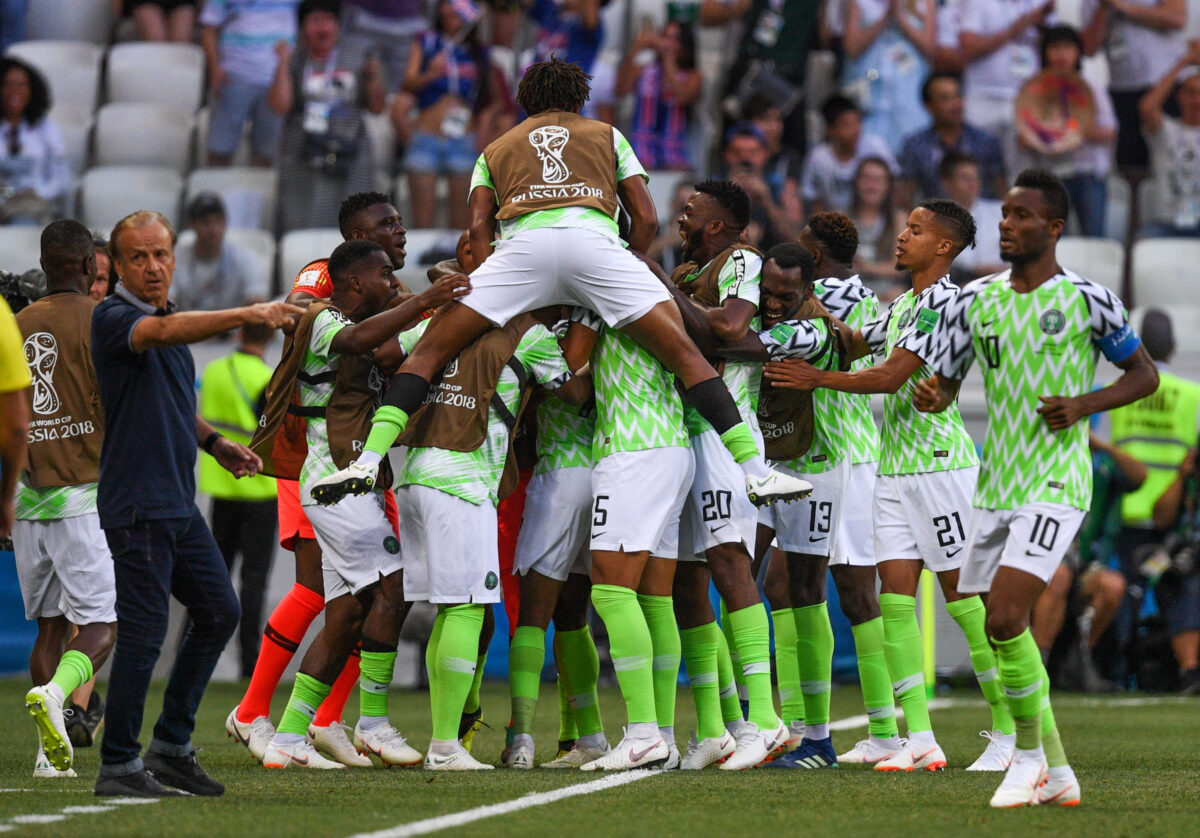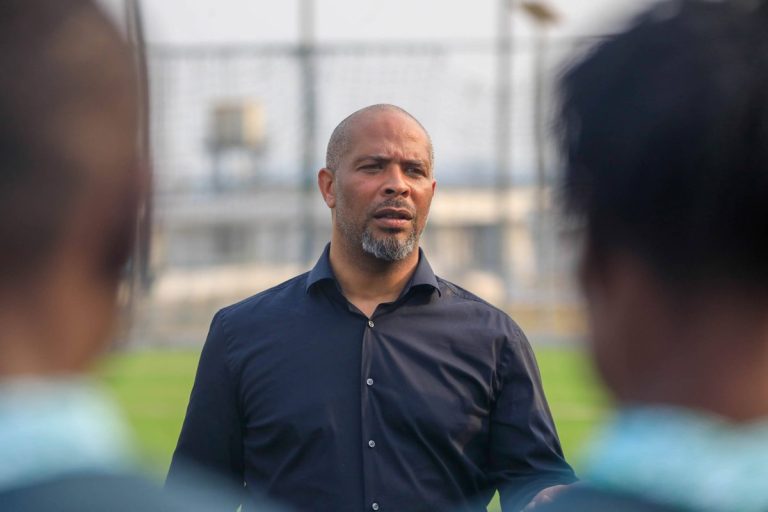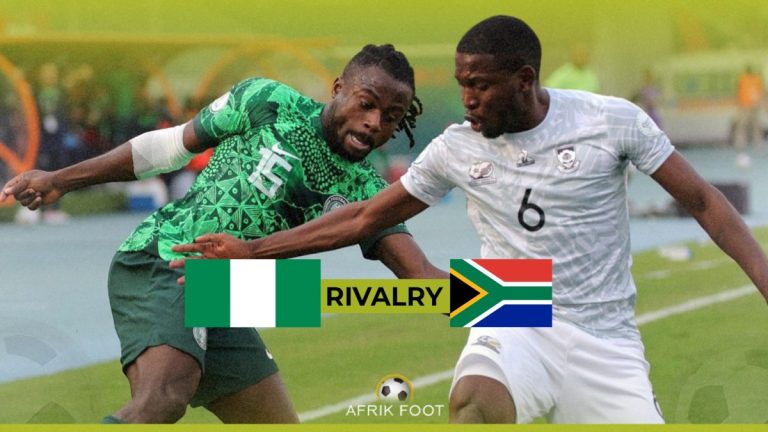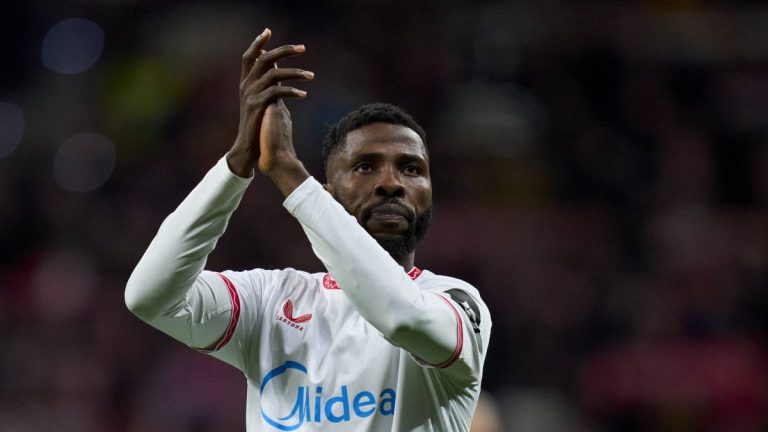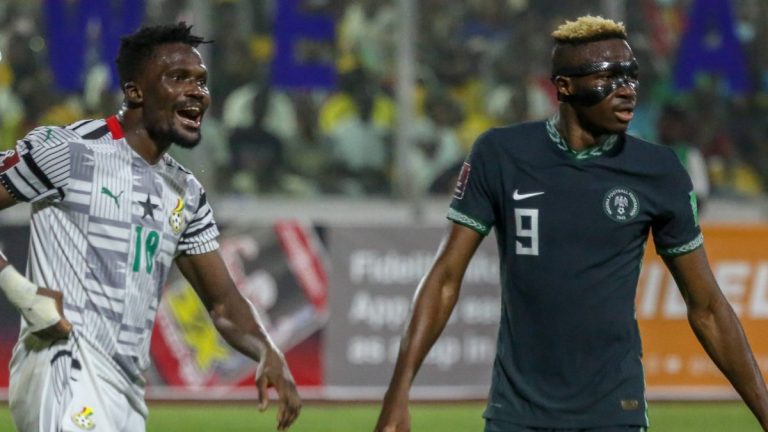Former Super Eagles player John Obi Mikel recently shared his experiences with racism during his time playing for the English Premier League club Chelsea.
In a candid discussion, Mikel reflected on the challenges he faced and shed light on the pervasive issue within the football community.
The issue of racism in football remains persistent and pervasive. Many black players, competing in elite leagues such as the Premier League, Serie A and La Liga, have frequently voiced their grievances.
One recent incident involves Athletic Bilbao forward Nico Williams, who faced racial abuse while playing for his La Liga club against Atletico Madrid.
Similarly, Real Madrid forward Vinicius Junior has also been subjected to racism in La Liga. This season, the Brazilian star's experiences have garnered increased attention, notably when he became emotional during a press conference.
Mikel featured for Chelsea between 2006 and 2017, amassing over 300 appearances during that period.
During his tenure at Chelsea, he won one UEFA Champions League title, two Premier League titles, four FA Cup trophies, two Football League Cup titles, one FA Community Shield, and one Europa League title.
John Obi Mikel's call to action against racism in football
The 37-year-old expressed his disappointment with the authorities' response to racial incidents on the pitch.
In an interview with Al Jazeera, Mikel shared his personal experiences and called for more decisive action to combat racism in the sport.
“I get emotional about it, sometimes I say what I’m not supposed to say. But it’s the authorities, they decide. The punishment is no where near what they deserve,” Mikel said.
“We are talking about someone being insulted because you’re a certain colour. We are same people and the same humans.”
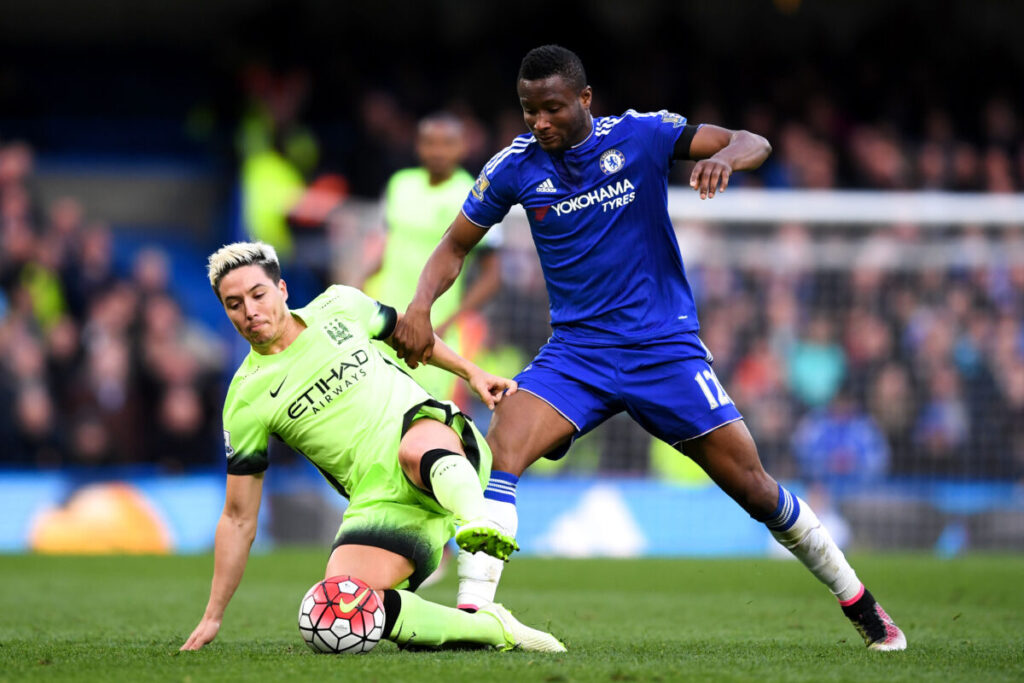
Reflecting on the experiences of players like Vinicius and Lukaku, Mikel stressed the urgent need for action against racial abuse on the pitch.
“I think a lot more can be done, a lot more should be done, it’s about time. You can’t say you’re looking for some geezer who insulted somebody at one football ground, and you’re gonna ban him for life. That doesn’t change anything, it still goes on. Vinicius, Lukaku have been through things like that.”
He recounted his own encounters with racism during his time at Chelsea, highlighting the lack of meaningful response from the football authorities.
“When we were playing, I had the same thing as well when we lost games at Chelsea. The club reported it to the FA, but nothing was done, zero was done. We just had to ignore it.
“When I reported to Chelsea, and they reported to the FA, nothing was done, ignored, nothing happened. I had to go back the next weekend, try to put a smiling face and continue doing my job. That was what it was then.”
Instances of racial abuse endured by Mikel
Mikel has faced racial abuse throughout his playing career. Following a mistake that contributed to Chelsea's loss in the opening match of their Champions League defence against Juventus, Mikel deleted his social media account within 24 hours. In response to the incident, Chelsea condemned the racist abuse directed at John Obi Mikel on Twitter.
In October 2012, the Nigerian midfielder accused English referee Mark Clattenburg of racially abusing him during a league match between Chelsea and Manchester United, which Chelsea lost 2-3. Clattenburg was later cleared of any wrongdoing.
Then, in February 2022, while playing for Turkish club Trabzonspor, Obi was involved in a brawl with Fenerbahce’s Emre Belozoglu following an alleged racial incident.
Despite the altercation, Mikel's Trabzonspor emerged victorious with a 2-1 win in the Turkish Super Lig.
Mikel's bromance with the Super Eagles
Mikel began his international career by representing Nigeria at the 2005 FIFA World Youth Championship, where he was awarded the Silver Ball as the tournament's second-best player, behind Lionel Messi.
Despite Nigeria finishing as runners-up to Argentina, Mikel's performance garnered attention.
He made his senior team debut in August 2005 during a friendly match against Libya and subsequently earned a spot in Nigeria's squad for the 2006 Africa Cup of Nations.
While previously an unused substitute, Mikel made impactful contributions in subsequent games, including providing assists and scoring goals.
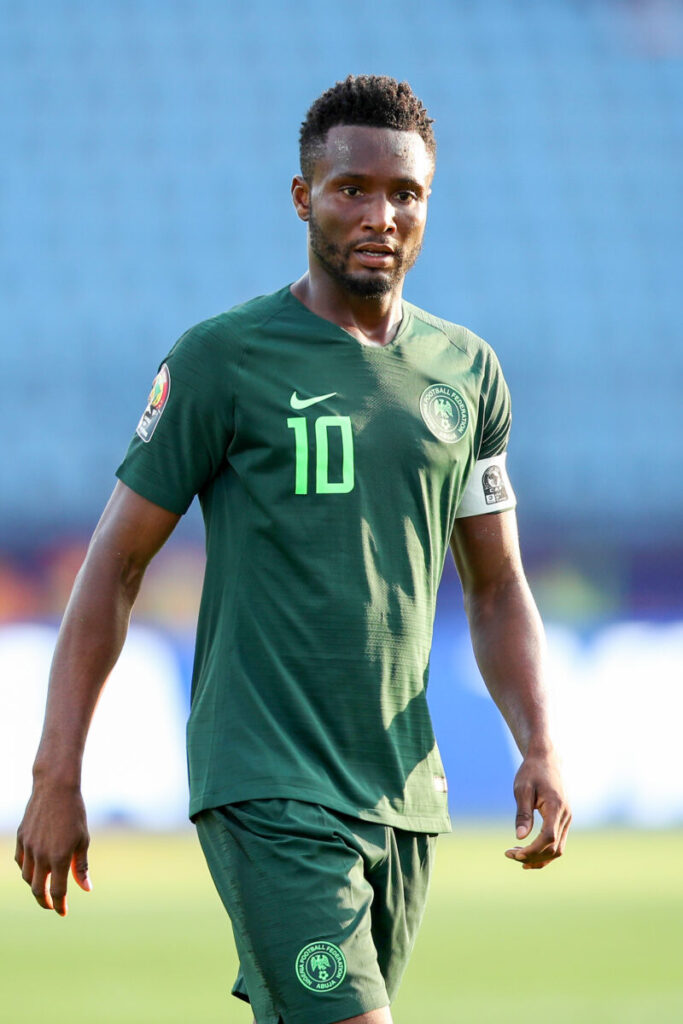
Throughout his international career, he played a pivotal role for Nigeria, notably helping them win the 2013 Africa Cup of Nations and participating in the 2014 FIFA World Cup in Brazil.
The former Chelsea player announced his retirement from international football after the 2019 Africa Cup of Nations, during which Nigeria secured third place.
In total, Mikel made 91 appearances for Nigeria, scoring six goals.

